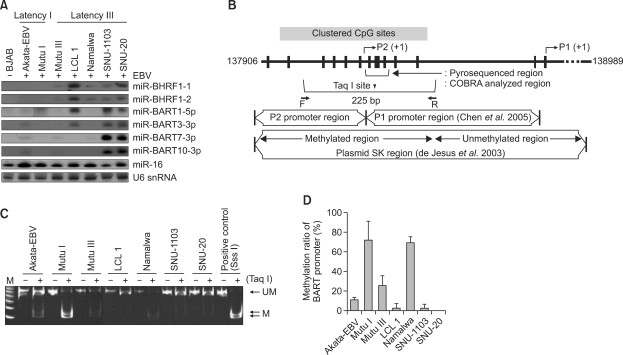- Select a language for the TTS:
- UK English Female
- UK English Male
- US English Female
- US English Male
- Australian Female
- Australian Male
- Language selected: (auto detect) - EN
Play all audios:
ABSTRACT THE paper on “Flow of the River Dee” (Aberdeen-shire), by Capt. W. N. McClean, read before the British Association meeting at Aberdeen last September, has been issued in pamphlet
form, reprinted from Engineering, with a memorandum which indicates the progress made in the survey of the river subsequent to the original date of the paper, and an addendum illustrating
the manner in which the records are to be set out in tabular form for publication. The Dee has a catchment area of 790 sq. miles to Aberdeen, and for the purposes of the survey it was
divided into four subsidiary areas, with flow-gauging stations at Balmoral, Dennet, Cairnton and Cults. The author states that he has found that the summer flow in certain Scottish rivers of
about 100 to 700 sq. miles catchment, may be taken, roughly, as from 1/5 to 1 cu. ft. per sec. per sq. mile, according to area. Flood flows are much more complicated. The author further
notes the difficulty of measuring low flows with current meters, as they are at present not very reliable for velocities of less than 1 ft. per sec. He suggests the difficulty may be
overcome in the future by a temporary contraction of the channel, so as to increase the velocity. Two types of apparatus are in use on the Dee: namely, one in which the meter is suspended
from a wire and another in which a rod is the means of support. It is known that, in turbulent flows, the wire-suspended meter tends to set to the current and to give excessively high
values. The combined use of the two methods enables a serviceable comparison to be made of their respective accuracies. The records obtained should prove of great public utility and the
co-operation of two authorities directly interested, the City of Aberdeen and the Fishery Board of the Dee, has been secured in establishing the gauging stations. Capt. McClean points out
that if there were a recognised association for these river records, the water interests would become subscribing members of the association, receiving the completed records in return for
the standard tables of water levels prepared by themselves. Access through your institution Buy or subscribe This is a preview of subscription content, access via your institution ACCESS
OPTIONS Access through your institution Subscribe to this journal Receive 51 print issues and online access $199.00 per year only $3.90 per issue Learn more Buy this article * Purchase on
SpringerLink * Instant access to full article PDF Buy now Prices may be subject to local taxes which are calculated during checkout ADDITIONAL ACCESS OPTIONS: * Log in * Learn about
institutional subscriptions * Read our FAQs * Contact customer support RIGHTS AND PERMISSIONS Reprints and permissions ABOUT THIS ARTICLE CITE THIS ARTICLE River Flow Records. _Nature_ 135,
144 (1935). https://doi.org/10.1038/135144a0 Download citation * Issue Date: 26 January 1935 * DOI: https://doi.org/10.1038/135144a0 SHARE THIS ARTICLE Anyone you share the following link
with will be able to read this content: Get shareable link Sorry, a shareable link is not currently available for this article. Copy to clipboard Provided by the Springer Nature SharedIt
content-sharing initiative


:max_bytes(150000):strip_icc():focal(216x0:218x2)/benedict-cumberbatch-1-435-4-20cc736017b24435a3498a49d7c22b0e.jpg)

:max_bytes(150000):strip_icc():focal(584x489:586x491)/bill-gates-01-122122-3dca1a10ca5b4473af97402696129443.jpg)


